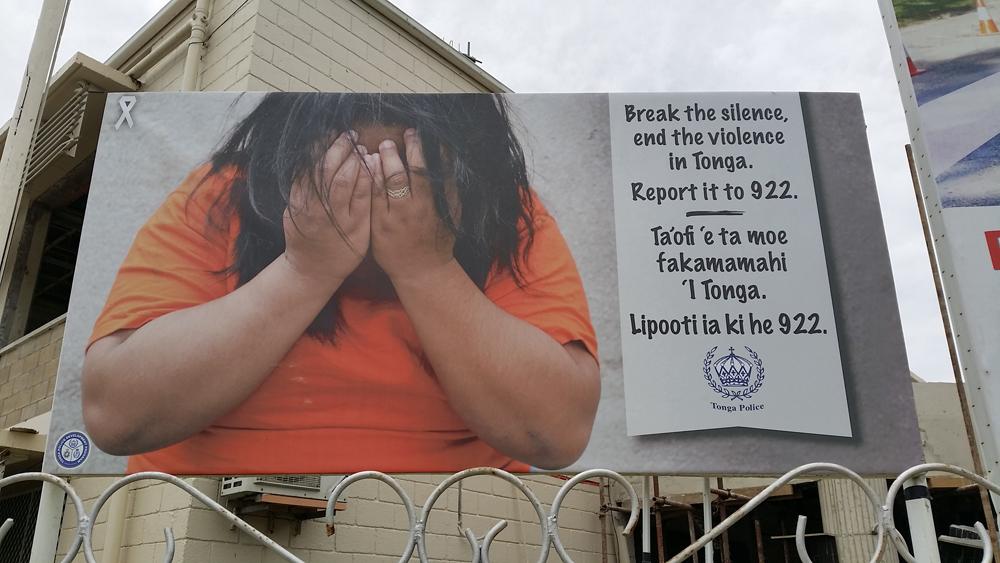Members of the judiciary and lawyers in Tonga recently held discussions aimed at strengthening the implementation of the Family Protection Act in order to tackle domestic violence.
The consultations (12-14 December) were funded by the European Union while technical assistance, in the form of design and facilitation of the consultations, was provided by the Pacific Community (SPC).
Retired judge from New Zealand, Judge Phil Moran co-facilitated the workshops with SPC’s Regional Rights Resource Team (RRRT).
In separate consultations, magistrates and lawyers discussed some of the challenges they face in discharging their duties in relation to the implementation of the 2013 Family Protection Act and how they will continue to support the process of the implementation of this law.
Tonga passed the Family Protection Act in 2013, which essentially defines domestic violence and also provides for specific roles and protection mechanisms to assist those that are affected by domestic violence. Significant is the power of the court to issue Protection Orders, which have various conditions set out as per the law meant to protect victims of violence within domestic relationships.
The Act also provides for specific offences relating to domestic violence, ensuring that this form of violence is no longer considered a private matter.
The magistrates’ consultation analysed procedure, evidence and remedies provided in the Family Protection Act; and examined some of the challenges that have been faced in the implementation of this Act.
The consultation also drew the link between domestic violence and gender, and how expectations of men and women’s roles and responsibilities in society may impact access to justice after experiencing domestic violence.
Speaking at the opening of the magistrate’s consultation, Chief Justice Owen Paulsen said the judiciary has a responsibility to act as an agent for social change.
“We are uniquely placed as we can provide effective remedies for the benefit of the victims affected by violence. The decisions of the Judges have lasting impacts upon the lives of victims and also upon the lives of perpetrators, children and other family members. We as Judges should be sending a clear message that domestic violence is unacceptable and that perpetrators are accountable for their actions. In that way we will not only establish public confidence in the judiciary but provide a platform for discussion and education about domestic violence and its effects,” Chief Justice Paulsen said.
As an outcome of the two days’ consultation, RRRT is developing draft guidelines that will assist the magistrates in dealing with their cases and applying the Family Protection Act.
The lawyers’ workshop focussed on assisting lawyers to better understand domestic violence and its impact on victims; discussed and analysed the challenges with the application of the Family Protection Act; and analysed procedure, evidence and remedies provided in the Family Protection Act.
“As lawyers we aim to ensure the rule of law and to help in the development of the people of Tonga,” Acting Attorney General and Director of Public Prosecutions, ‘Aminiasi Kefu said during the opening of the Lawyers’ workshop.
“Domestic violence is a limit to development, to the development of financial prospects for our country, and also to the promise that children and family members are born with. The rationale for this Act is honourable, as it emphasises the need for protection of the family that was the main drive for this legislation,” Mr Kefu added.
Media contacts:
Onorina Saukelo, RRRT Communications Assistant, [email protected]or +679 330 5582
Useful link:
SPC’s Regional Rights Resource Team
